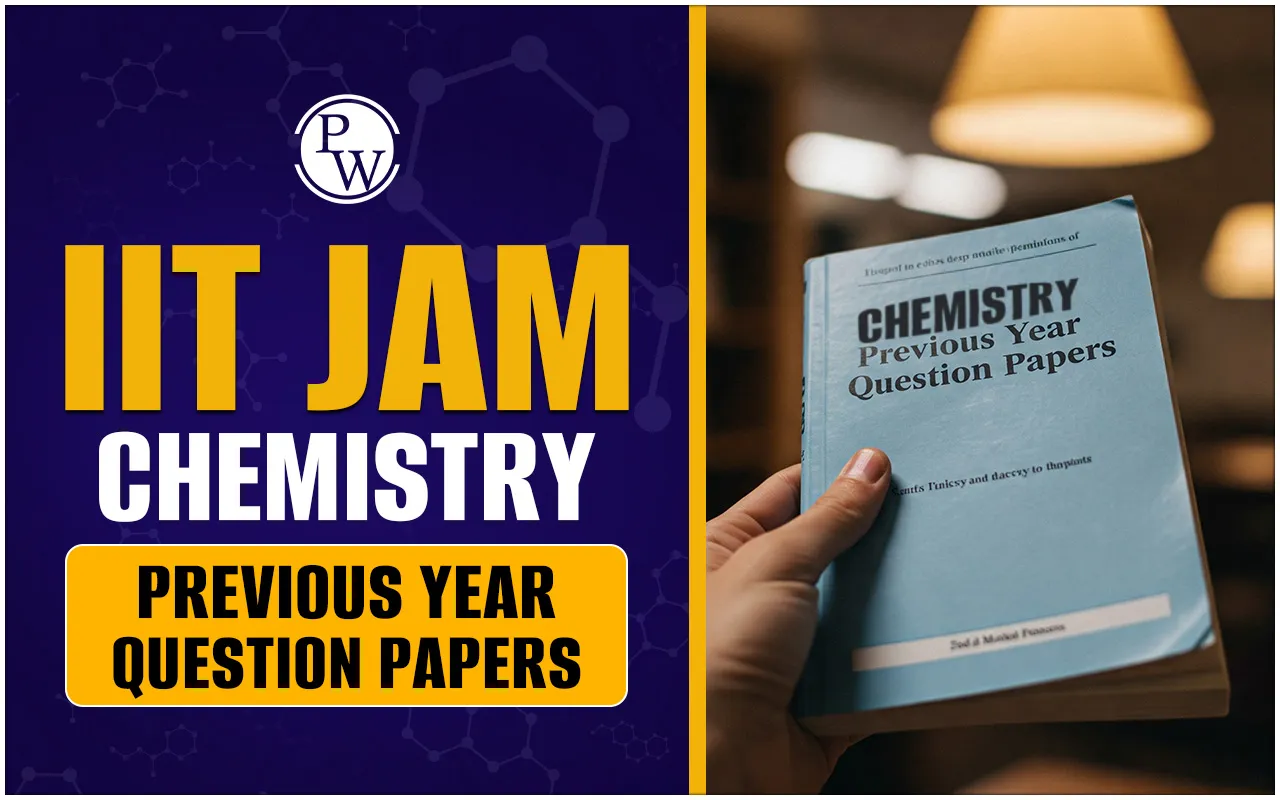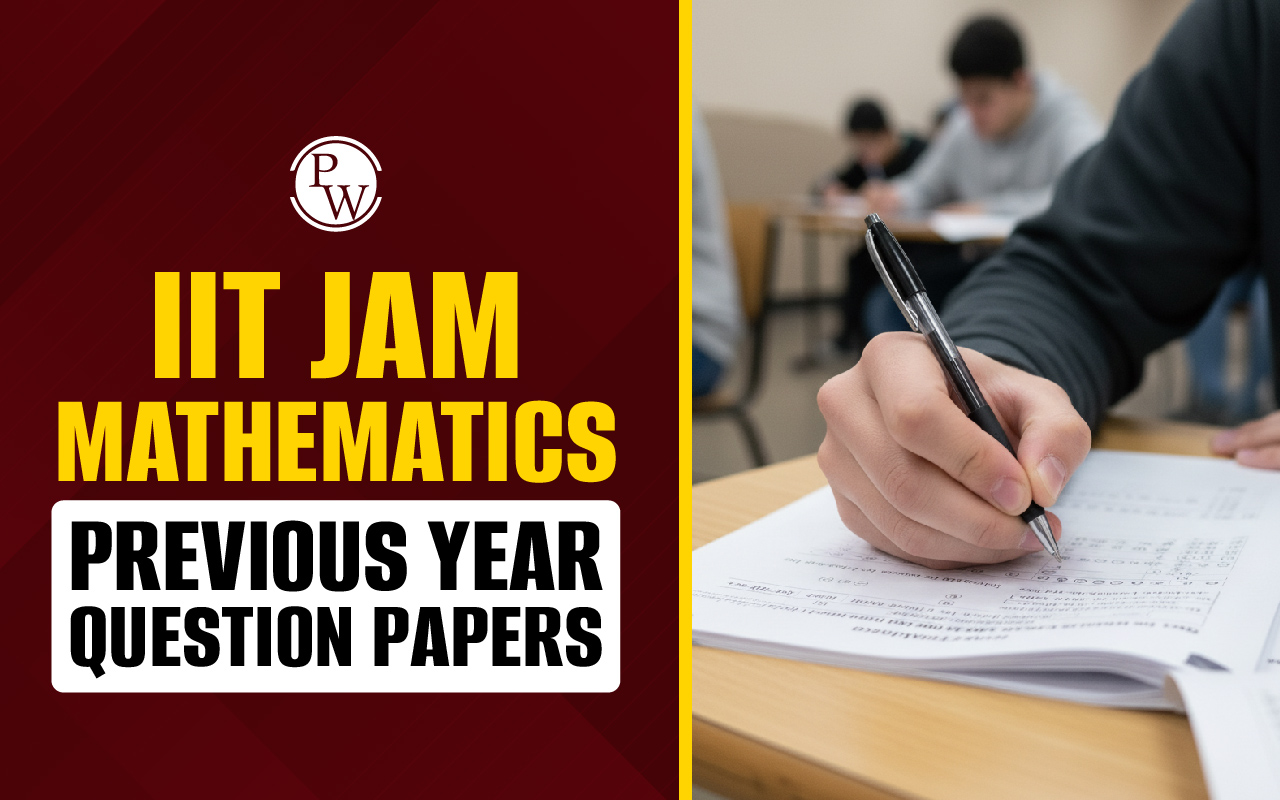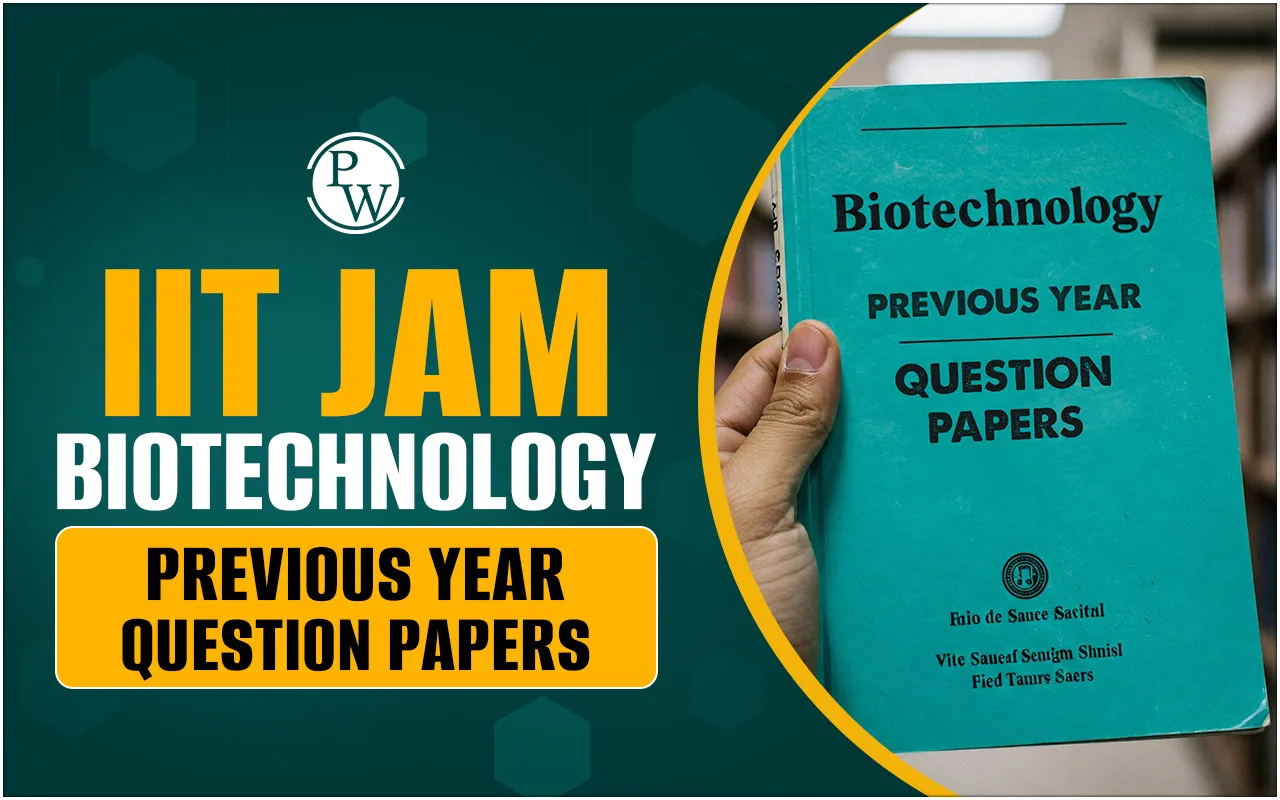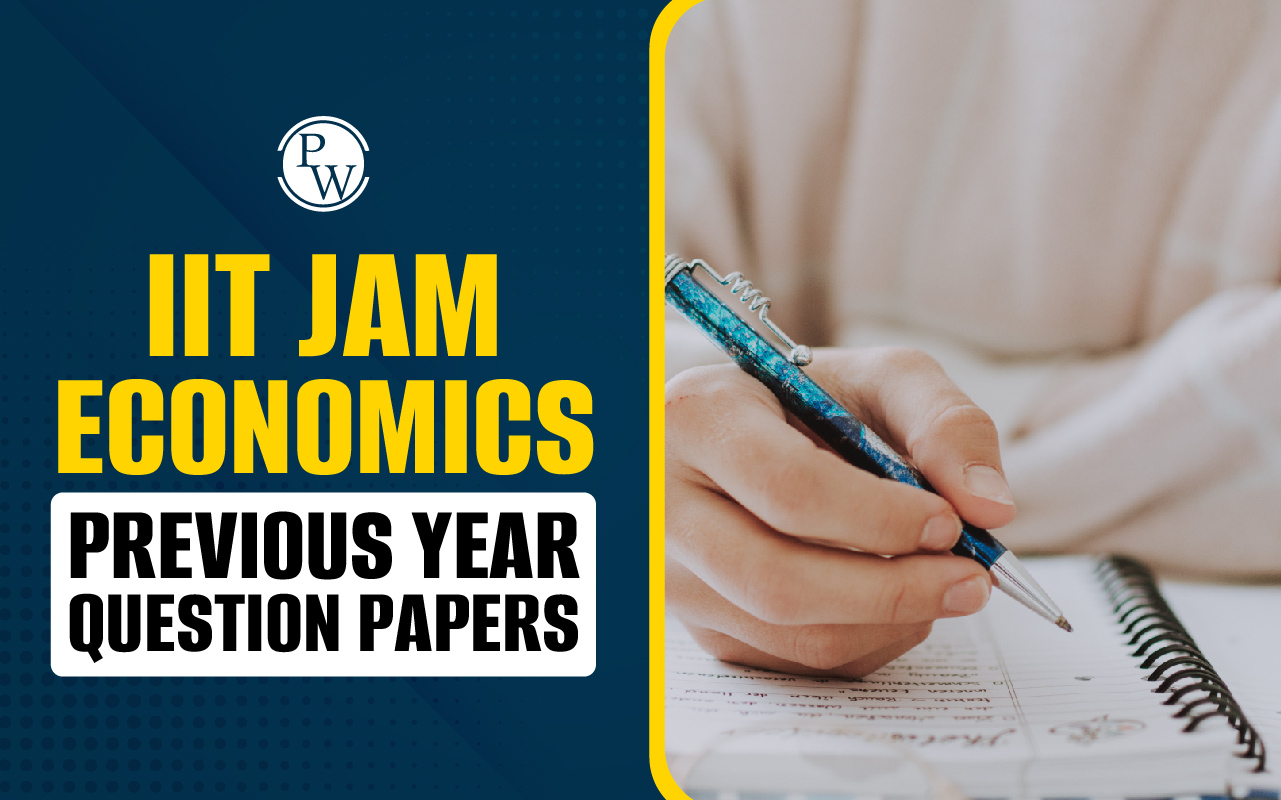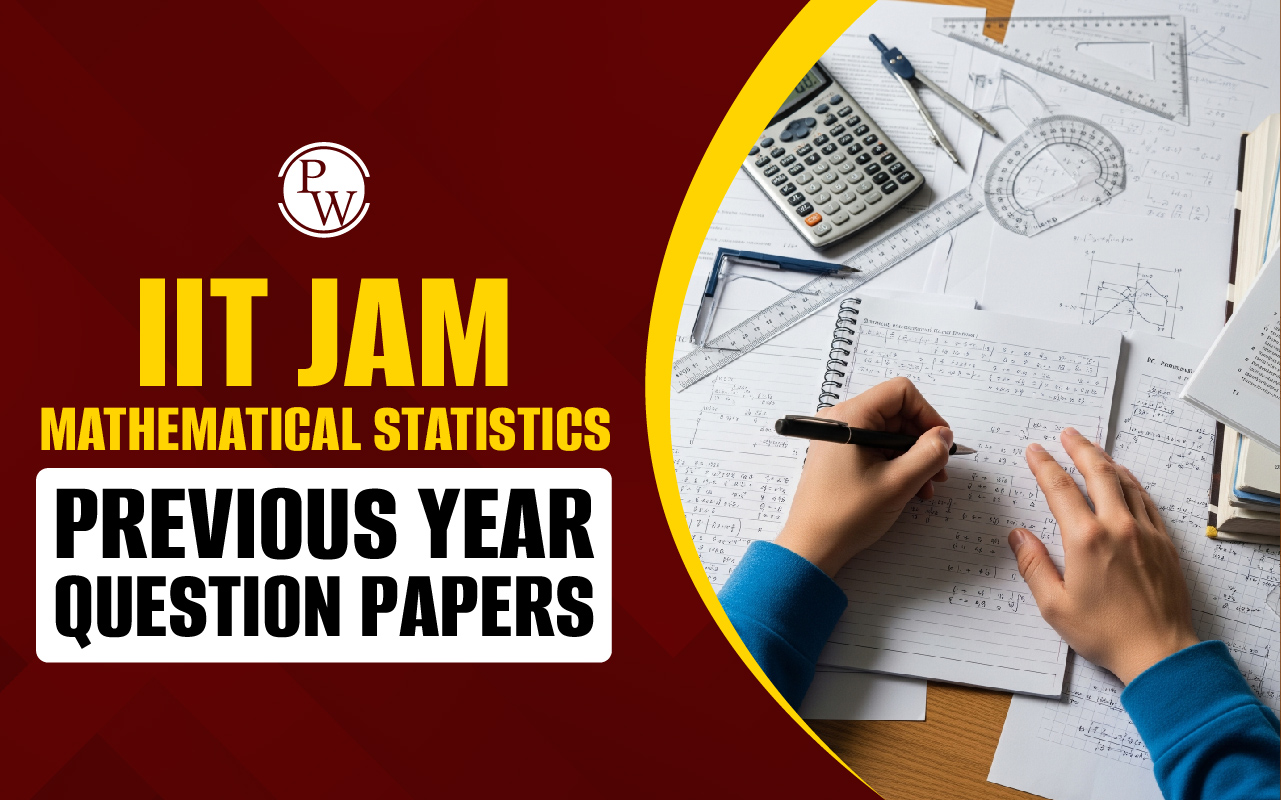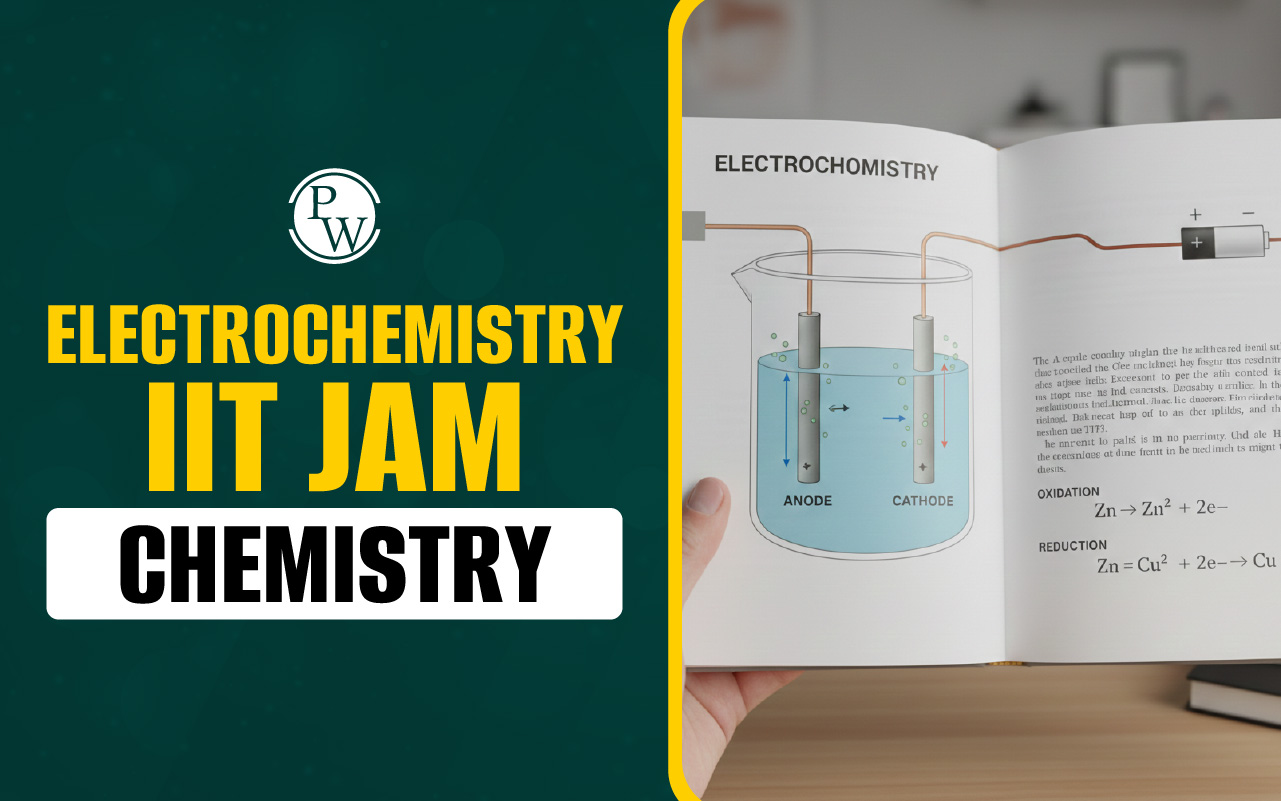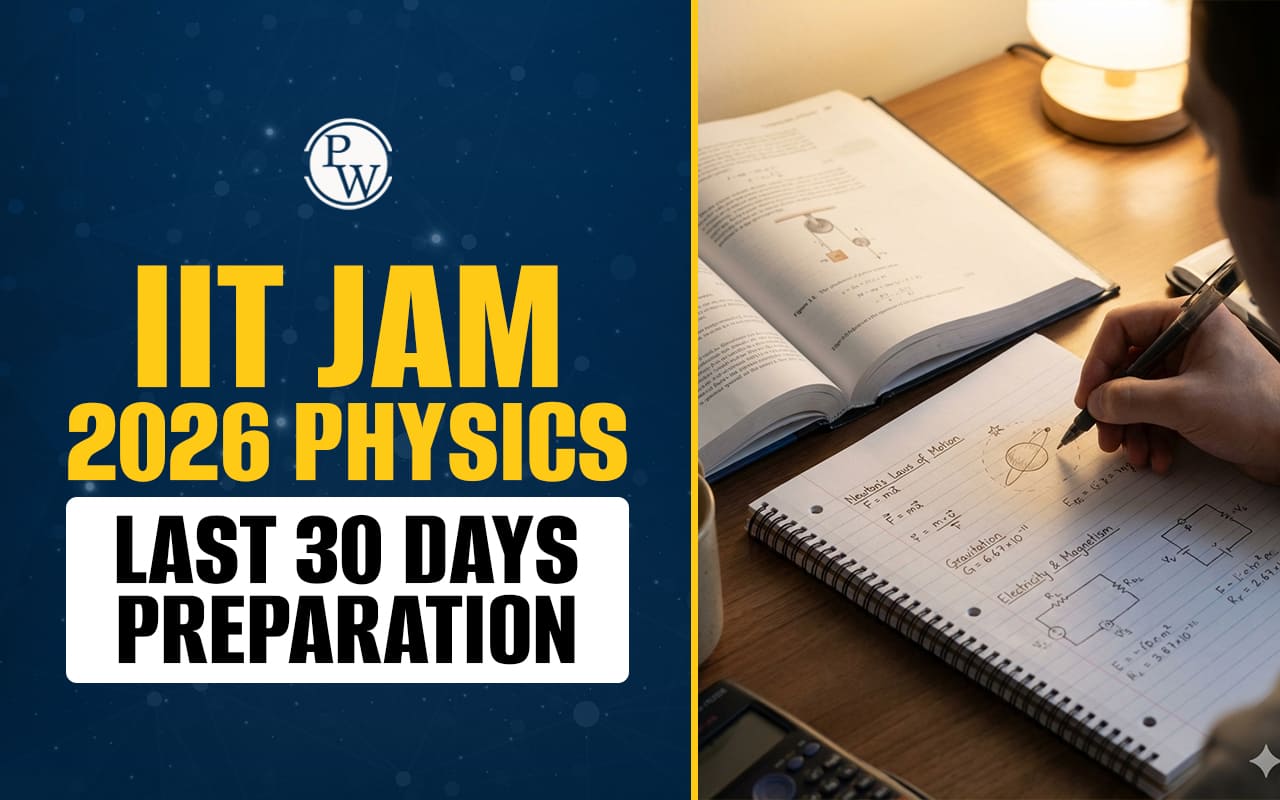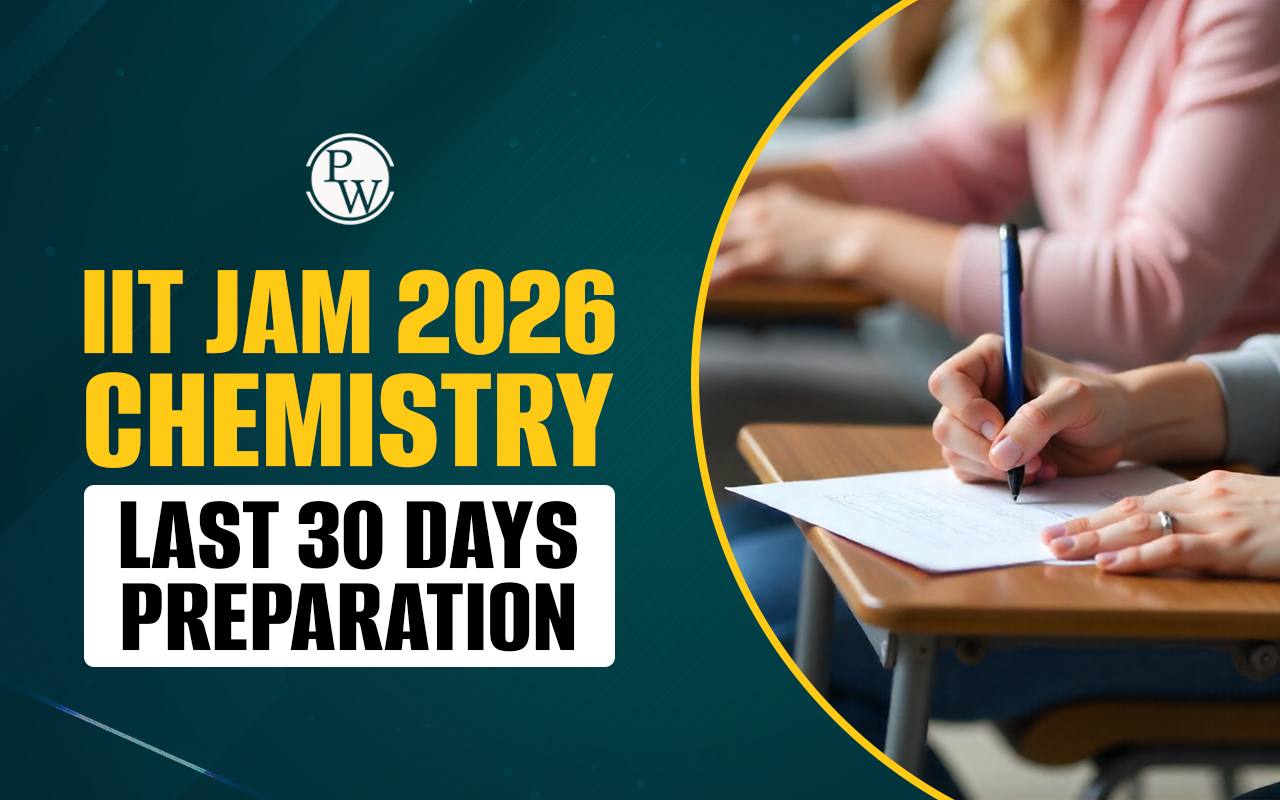
IAT Syllabus 2025: The Indian Institute of Science Education and Research (IISER) released the IAT Syllabus 2025 on the official website iiseradmission.in. The IISER Aptitude Test (IAT) 2025 will be held on May 25, 2025, in computer-based mode across multiple exam centers in India. The IISER Aptitude Test 2025 syllabus is based on the NCERT curriculum of Class 11 and 12. It covers four subjects: Physics, Chemistry, Mathematics, and Biology. The IAT Syllabus 2025 helps candidates prepare for the exam by focusing on key topics from these subjects. The IAT Admit Card 2025 is expected to be released in the third week of May and will be available for download from the official website.
The IAT 2025 exam will be conducted in online mode (CBT) and will have 60 multiple-choice questions. Each correct answer will get +4 marks, while each wrong answer will have a -1 mark penalty. Candidates can check the detailed syllabus and start their preparation accordingly. Click on the link given below to download the syllabus PDF.
IAT Syllabus 2025 Overview
IISER Aptitude Test (IAT) 2025 will follow the NCERT syllabus and test students on key science and math concepts. The exam will be conducted online and will have multiple-choice questions. Below is a detailed overview of the IAT Syllabus 2025.
|
IAT Syllabus 2025 Overview |
|
|
Particulars |
Details |
|
Exam Name |
|
|
Conducting Body |
Indian Institute of Science Education and Research (IISER) |
|
Post Category |
IAT Syllabus 2025 |
|
Status |
Released |
|
Subjects Covered |
Physics, Chemistry, Biology, Mathematics |
|
Exam Mode |
Computer-Based Test (CBT) |
|
Duration |
3 Hours (180 Minutes) |
|
Total Questions |
60 Questions (15 from each subject) |
|
Marking Scheme |
+4 for each correct answer, -1 for each wrong answer |
|
Eligibility |
Class 12th (Science Stream) or Equivalent |
|
Official Website |
iiseradmission.in |
IAT Syllabus 2025 PDF
IISER will conduct the IAT 2025 Exam on May 25, 2025 based on the rationalized NCERT syllabus. The syllabus includes important topics from Biology, Chemistry, Mathematics, and Physics. Students should focus on key concepts, formulas, and problem-solving techniques. Understanding the subject-wise syllabus will help in better exam preparation. A detailed PDF of the IAT 2025 syllabus is available for download. Click on the given below link to download the IAT Syllabus 2025 PDF.
IAT Syllabus 2025 Subject Wise
The IAT 2025 exam covers four main subjects: Biology, Chemistry, Mathematics, and Physics. Each subject includes important topics that help students build strong concepts for higher studies. The syllabus is designed to test both theoretical understanding and problem-solving skills. Below is a subject-wise breakdown of the IAT Syllabus 2025.
IAT Biology Syllabus 2025
The IAT Biology Syllabus 2025 covers important topics related to living organisms, their functions, and interactions with the environment. The table below gives a quick overview of the main subjects and subtopics.
|
IAT Biology Syllabus 2025 |
|
|
Topics |
Sub-topics |
|
Diversity in the Living World |
Taxonomy, Classification (Kingdoms, Viruses, Viroids, Lichens), Plant & Animal Kingdoms |
|
Structural Organisation in Plants & Animals |
Morphology, Anatomy, Organ Systems |
|
Cell: Structure & Functions |
Cell Theory, Prokaryotic & Eukaryotic Cells, Biomolecules, Cell Division |
|
Plant Physiology |
Photosynthesis, Respiration, Growth, Plant Hormones |
|
Human Physiology |
Respiratory, Circulatory, Excretory, Nervous, Muscular, Endocrine Systems |
|
Reproduction |
Sexual Reproduction in Plants, Human Reproduction, Reproductive Health |
|
Genetics & Evolution |
Mendelian Laws, DNA, RNA, Evolution Theories |
|
Biology in Human Welfare |
Diseases, Immunity, Microbes in Industry & Environment |
|
Biotechnology |
DNA Technology, Genetic Engineering, Applications |
|
Ecology |
Populations, Ecosystems, Biodiversity Conservation |
IAT Chemistry Syllabus 2025
The IAT Chemistry Syllabus 2025 includes important topics from physical, organic, and inorganic chemistry. The table below provides a quick overview of the key subtopics.
|
IAT Chemistry Syllabus 2025 |
|
|
Topic |
Sub-topics |
|
Some Basic Concepts of Chemistry |
Matter, Dalton’s Atomic Theory, Laws of Chemical Combination, Mole Concept, Chemical Equations |
|
Structure of the Atom |
Atomic Models, Bohr’s Model, Quantum Mechanical Model |
|
Periodic Classification |
Periodic Table, Electronic Configuration, Periodic Trends |
|
Chemical Bonding |
Ionic & Covalent Bonds, VSEPR Theory, Hybridization, Molecular Orbital Theory |
|
d- & f-Block Elements |
Properties, Compounds, Lanthanoids, Actinoids |
|
Coordination Compounds |
Werner’s Theory, Nomenclature, Isomerism, Bonding |
|
Thermodynamics |
Enthalpy, Spontaneity, Gibbs Energy |
|
Equilibrium |
Chemical & Ionic Equilibria, Acids & Bases, Buffer Solutions |
|
Redox Reactions |
Oxidation-Reduction, Oxidation Number, Electrode Processes |
|
Solutions |
Concentration, Colligative Properties, Ideal & Non-Ideal Solutions |
|
Electrochemistry |
Electrochemical Cells, Nernst Equation, Electrolysis, Batteries |
|
Chemical Kinetics |
Rate of Reaction, Factors, Collision Theory |
|
Organic Chemistry Basics |
Nomenclature, Isomerism, Reaction Mechanism, Purification |
|
Hydrocarbons |
Alkanes, Alkenes, Alkynes, Aromatic Hydrocarbons |
|
Haloalkanes & Haloarenes |
Preparation, Properties, Reactions |
|
Alcohols, Phenols & Ethers |
Functional Groups, Properties, Uses |
|
Aldehydes, Ketones & Carboxylic Acids |
Preparation, Properties, Reactions |
|
Organic Compounds with Nitrogen |
Amines, Diazonium Salts, Aromatic Synthesis |
|
Biomolecules |
Carbohydrates, Proteins, Enzymes, Vitamins, Nucleic Acids |
IAT Mathematics Syllabus 2025
The IAT Mathematics Syllabus 2025 covers important topics from algebra, geometry, calculus, and statistics. The table below gives a clear list of all the key topics and subtopics.
|
IAT Mathematics Syllabus 2025 |
|
|
Topic |
Sub-topics |
|
Sets and Logic |
Types of sets, set operations, Venn diagrams, Cartesian products |
|
Relations & Functions |
Types of relations and functions, composition, inverse, real-valued functions |
|
Basic Counting Techniques |
Permutations, combinations, factorial, binomial theorem, Pascal’s triangle |
|
Complex Numbers & Equations |
Complex number representation, algebra, quadratic equations, linear inequalities |
|
Trigonometry |
Trigonometric functions, identities, inverse functions, graphs, applications |
|
Vectors |
Types of vectors, dot and cross product, direction cosines/ratios |
|
Matrices & Determinants |
Types, operations, inverse of matrices, properties, applications |
|
Coordinate Geometry |
Straight lines, conic sections (circle, parabola, ellipse, hyperbola) |
|
3D Geometry |
Distance, section formula, equations of lines & planes, coplanarity |
|
Sequences & Series |
Arithmetic and geometric progressions, sum of series, A.M & G.M |
|
Limits & Continuity |
Limits, continuity, algebraic properties, rational functions |
|
Differentiation |
Derivatives, chain rule, implicit functions, second-order derivatives |
|
Applications of Derivatives |
Rate of change, increasing/decreasing functions, maxima & minima |
|
Integration |
Indefinite & definite integrals, fundamental theorem of calculus |
|
Applications of Integration |
Area under curves, area between curves |
|
Differential Equations |
Order & degree, separation of variables, first-order equations |
|
Statistics |
Measures of dispersion, mean deviation, variance, standard deviation |
|
Probability |
Sample spaces, probability rules, Bayes’ theorem, independent events |
|
Linear Programming |
Formulation, graphical method, optimization problems |
IAT Physics Syllabus 2025
The IAT Physics Syllabus 2025 includes important topics from mechanics, thermodynamics, electricity, and modern physics. It helps students understand the fundamental laws of nature and their applications. The table below lists all the key topics and concepts in a simple way.
|
IAT Physics Syllabus 2025 |
|
|
Topic |
Key Concepts |
|
Units and Measurements |
SI units, significant figures, dimensional analysis |
|
Motion in a Straight Line |
Velocity, acceleration, kinematic equations |
|
Motion in a Plane |
Vectors, projectile motion, circular motion |
|
Laws of Motion |
Newton’s laws, conservation of momentum, forces |
|
Work, Energy, Power |
Work-energy theorem, potential energy, collisions |
|
System of Particles & Rotation |
Centre of mass, torque, moment of inertia |
|
Gravitation |
Kepler’s laws, gravity, satellite motion |
|
Mechanical Properties of Solids & Fluids |
Stress-strain, Hooke’s law, Bernoulli’s principle, viscosity |
|
Thermal Properties of Matter |
Heat, temperature, calorimetry, heat transfer |
|
Thermodynamics |
Laws of thermodynamics, Carnot engine |
|
Kinetic Theory |
Ideal gas behavior, mean free path |
|
Oscillations |
Simple harmonic motion, pendulum |
|
Waves |
Types of waves, reflection, beats |
|
Electric Charges & Fields |
Coulomb’s law, electric field, Gauss’s law |
|
Electrostatic Potential & Capacitance |
Potential energy, capacitors, dielectric effect |
|
Current Electricity |
Ohm’s law, resistance, Kirchhoff’s rules |
|
Magnetism & Moving Charges |
Biot-Savart law, Ampere’s law, solenoids |
|
Electromagnetic Induction |
Faraday’s law, Lenz’s law, AC generators |
|
Alternating Current |
AC circuits, transformers, power factor |
|
Electromagnetic Waves |
Displacement current, EM spectrum |
|
Ray & Wave Optics |
Reflection, refraction, interference, diffraction |
|
Dual Nature of Radiation & Matter |
Photoelectric effect, wave-particle duality |
|
Atoms & Nuclei |
Atomic models, radioactivity, nuclear energy |
|
Semiconductors |
p-n junction, diodes, rectifiers |
IAT Exam Pattern 2025
Candidates appearing for the IAT 2025 exam should understand the exam pattern to prepare effectively. The exam will have multiple-choice questions with a fixed marking scheme. Check the detailed exam pattern below:
|
IAT Exam Pattern 2025 |
|
|
Type of Questions |
Multiple-Choice Questions (MCQs) |
|
Time Duration |
3 Hours |
|
Number of Questions |
60 Questions |
|
Sections |
Physics - 15 Questions |
|
Chemistry - 15 Questions |
|
|
Mathematics - 15 Questions |
|
|
Biology - 15 Questions |
|
|
Total Marks |
240 Marks |
|
Marking Scheme |
+4 for Each Correct Answer |
|
Negative Marking |
-1 for Each Incorrect Answer |
IAT Syllabus 2025 Preparation Tips
Candidates preparing for the IAT 2025 exam should follow a smart study plan to score well. Here are some easy and effective tips to help in preparation:
-
Understand the Syllabus: Cover all topics in Physics, Chemistry, and Mathematics.
-
Make a Study Plan: Give enough time to each subject and follow a routine.
-
Use NCERT Books: These books help in building strong basics.
-
Solve Previous Papers: Understand the exam pattern by practicing old papers.
-
Take Mock Tests: Improve speed and accuracy with online tests.
-
Revise Daily: Go through important formulas and concepts regularly.
-
Manage Time Wisely: Focus more on weak topics but don’t ignore strong ones.
IAT Syllabus 2025 FAQs
Who releases the IAT Syllabus 2025?
Where can I check the IAT 2025 syllabus?
Which subjects are included in the IAT syllabus?
Is the IAT syllabus based on NCERT?
How many questions are in the IAT 2025 exam?


